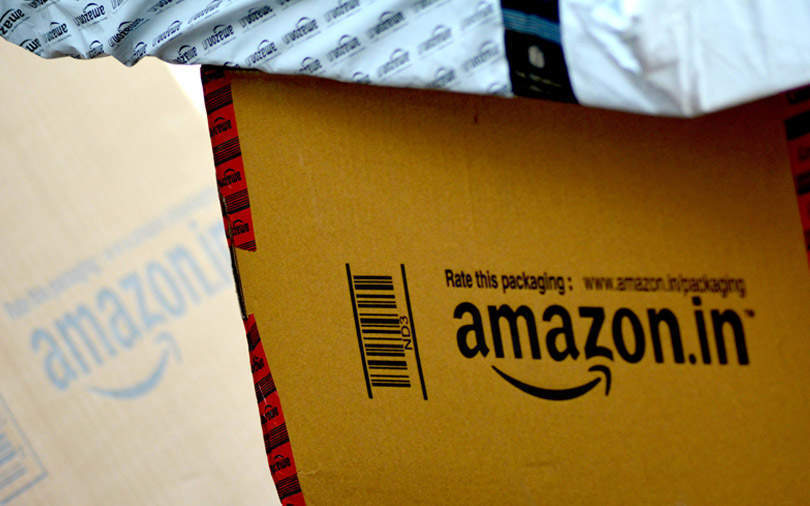
Amazon bets on sentiments; Huawei gets lonelier as India retailers latest to turn away


E-commerce behemoth Amazon is working on a new device that can track human emotions, according to a Bloomberg report. The product could be similar to several wearable devices in the market like smartwatches or wristbands that can track a customer's health or state of mind by reading the vitals.
The device could help Amazon push products being sold on its e-commerce platform. Apple, Samsung, Google and other technology players are already selling such devices, which are helping them to target advertising or make product recommendations based on the information gathered.
According to the news report, the device could come with an app. It is being developed by the e-commerce firm's hardware unit that has made Echo devices as well as the failed Fire smartphones.

It is not certain whether the product would be launched commercially or be an experimental project. Google had to shelve its Glass for consumers, which is now available only for enterprises.
The device is said to have microphones paired with software that can understand the wearer’s emotional state from the sound of his or her voice, Bloomberg said. The technology could eventually advise the user on interactions with others, it added.
Huawei's struggle continues

In fear of losing full access to the Android platform as well as Google apps, many retailers have stopped stocking Huawei smartphones in India, The Economic Times said. The development comes despite the US easing the trade ban on the Chinese firm this week, granting the company a licence to buy US goods until 19 August.
After the softening of stance, Google reversed its decision to cut off ties with the world’s second-largest seller of smartphones and the largest telecom-gear maker.
The US believes that Huawei works for the Chinese government and is involved in activities that pose a threat to American national security. Huawei denies anything of the sort.

Japanese conglomerate Panasonic Corp. is the latest global firm that is disengaging from Huawei, said Reuters.
Trade war has already been taking place between China and US. The Huawei case could take it into a new phase, stoking fears of fresh retaliation from China, where most smartphones are made, including those of Apple. Also, most of the rare earth metals used in smartphones are mined in China.
Enterprise tech expects more action from Modi 2.0

Enterprise tech firms are expecting more action in the second innings of the Narendra Modi government, especially with regard to Industry 4.0 and digital transformation.
"The government should push more on the impact of AI/IOT, data science and analytics network. Digitisation and a faster web will also continue to encourage the technology industry in India. Implementing these can also improve access to data and will enable India’s transformation into a data-driven economy," said Subramanian NN, director for delivery and co-founder, Maveric Systems, an IT firm based in Chennai and Singapore.
IT industry lobby group Nasscom said that the country's software sector has the opportunity to be a trillion dollar industry.

Saurabh Saxena, country director of Micro Focus, said that government policies have paved a path to use science, technology and innovation skills for citizen services as well as to boost local innovations.
"With initiatives like Digital India, Make in India and AI Council, the government had set a great precedent in accelerating the era of digital transformation and Industry 4.0. Though some of the economic policies created a blizzard of controversy, achieving synergy between various industries and scientific research is imperative to seize the larger opportunity," Saxena said.
The industry felt that with the talent the country has, India has the potential to become a leader in data and AI, just like its emergence as an IT services leader in the 1990s. Some said that the country should also focus on data privacy and the security of Indian identities.

"As India will have 50 billion identities to manage in the next five years, including identities being also managed via IoT, AI and other technological platforms, the government should provide emphasis and regulate data privacy with the usage of advanced platforms that provide user consent management, best-in-class user experience and data security," said Deepak Gupta, chief technology officer and co-founder, LoginRadius, a cloud-based customer identity management platform.
